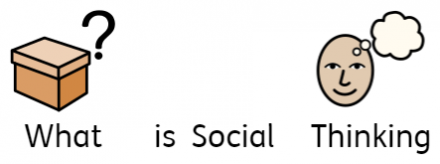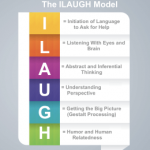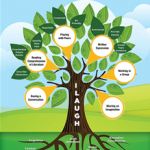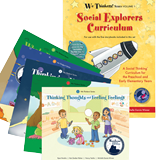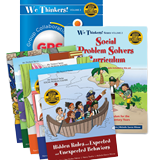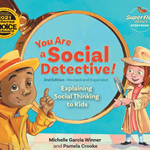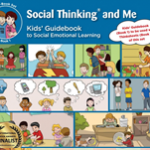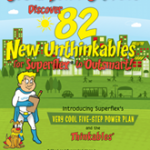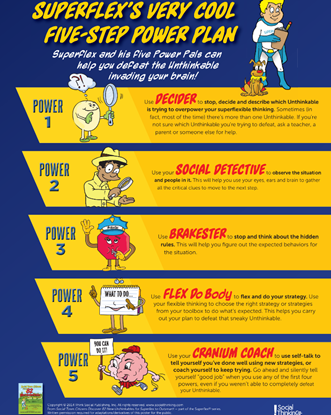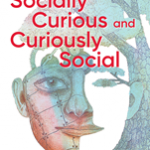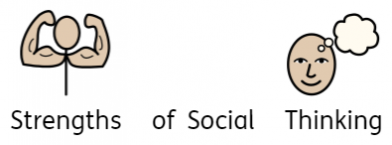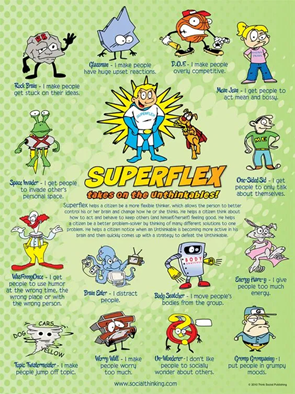Social Thinking
Valued – Inspired – Prepared
Westhaven School is a unique learning environment with high expectations for learners who experience barriers to learning for a range of reasons. We promote a calm environment that enables everyone to learn. The golden thread that permeates our curriculum and our conduct through every school day are the core values that shape our learners to be:
- safely independent
- confident communicators
- respectful citizens
- resilient learners
- inquisitive thinkers
The Westhaven Way is our ethos and it underpins our daily approach to behaviour and learning.
What is Social Thinking?
Social Thinking is the process by which we interpret the thoughts, beliefs, intentions, emotions, knowledge and actions of another person along with the context of the situation to understand that person’s experiences.
They will be provided with opportunities to develop tools that break down complex social conceptions (for example, perspective-taking) into understandable and doable parts that can be applied in any setting.
If we are engaging or sharing a space with another person, we use this information to determine how to respond to affect the thoughts that person has about us to achieve our social goals.
The Importance of Teaching Social Thinking
Social Thinking is so important, especially for our learners who may find it hard to self-regulate, attend lessons, and consider other perspectives.
Social Thinking helps us to navigate to be able to self-regulate which is so important for our learners and empowering them to be able to understand their emotions and strategies they can use to regulate is a key life skill that will be essential for when they enter the working world. As adults we can struggle to think and self-regulate therefore it is vital that we are teaching our learners these skills to be able to flourish socially.
Social interaction and thinking skills are significant to working in a team or having a conversation therefore teaching and supporting the learners to build upon these social skills will prepare them for life beyond school.
How Do We Teach Social Thinking?
ILAUGH is an acronym for the evidence-based and evidence-aligned concepts that contribute to challenges across academia, community, vocational, and social context.
Although the ILAUGH Model is divided into six key areas, there is commonly an overlap between and within each of the sections.
Consider social learning using the analogy of a tree, which develops a strong root system and trunk before it can grow healthy branches and leaves.
This idea links well with Westhaven’s Building Blocks for Learning (BASE).
How Is Social Thinking Delivered?
KS1 – KS1 learners start with exploring the beginning Social Thinking concepts such as emotions, sharing, listening, respecting boundaries, following directions and Expected and Unexpected Behaviours.
KS2 lower- Learners are exploring the starting concepts of Social Thinking through the ‘We thinkers books’ alongside practical, collaborative play activities.
KS2 Upper- Learners are exploring Social Detective books (Cycle A) and then going on in Cycle B to explore Social Thinking and me to develop their skills further. This is also a stepping stone before the learners move on to the Superflex books in KS3.
KS3- Learners are exploring deeper into Social Thinking through SuperFlex(Cycle A), The Original Unthinkables (Cycle B) and Superflex’s Five Step Power Plan (Cycle C) and different strategies that they can use to overcome when they are feeling dysregulated.
Year 10- Are using the book Social fortune or Social Fate, the book gives the same scenario twice but shows two different social behaviours and explores that our behaviour affects how others see us and their thoughts on us as people.
Year 11- Socially curious and curiously social- This explores different situations the young adults may find themselves in and explores the expected and unexpected behaviour for the scenarios. Allowing the learners to use and develop metacognitive strategies to regulate.
Strengths Of Social Thinking
– Allows learners opportunities to develop tools to understand their own thinking process.
– Opens up the world around them and provides opportunities to develop social skills using an achievable, multisensory approach.
– Social Thinking helps learners learn the skills they need to show expected behaviours. (It is not as easy as just knowing what is socially acceptable without being taught it.)
– It allows children to understand other children’s behaviour and understand that other children will have thoughts about their behaviour too.
– Encourages our children to be reflective thinkers – should I have a big reaction to a small problem?
– Hidden curriculum- Social cues are not normally taught, we are expected to know them and this is different for our children, this is why social thinking is so important.
Meet Rock Brain and the Unthinkables
Exploring the Superflex Curriculum & How It Fits into the School Day
Once the initial stages of the Social Thinking curriculum are complete(In lower school), we introduce ‘Superflex: A Superhero’.
We provide a teaching progression, highlighting how children first learn about their brain functioning and then move toward explaining specific motivational aspects of this curriculum.
Demonstrating how specific Social Thinking teaching strategies are paired with ‘Unthinkables’, we encourage the exploration of how teaching a superflexible strategy diminishes the powers in our “Unthinkable” thinking!



